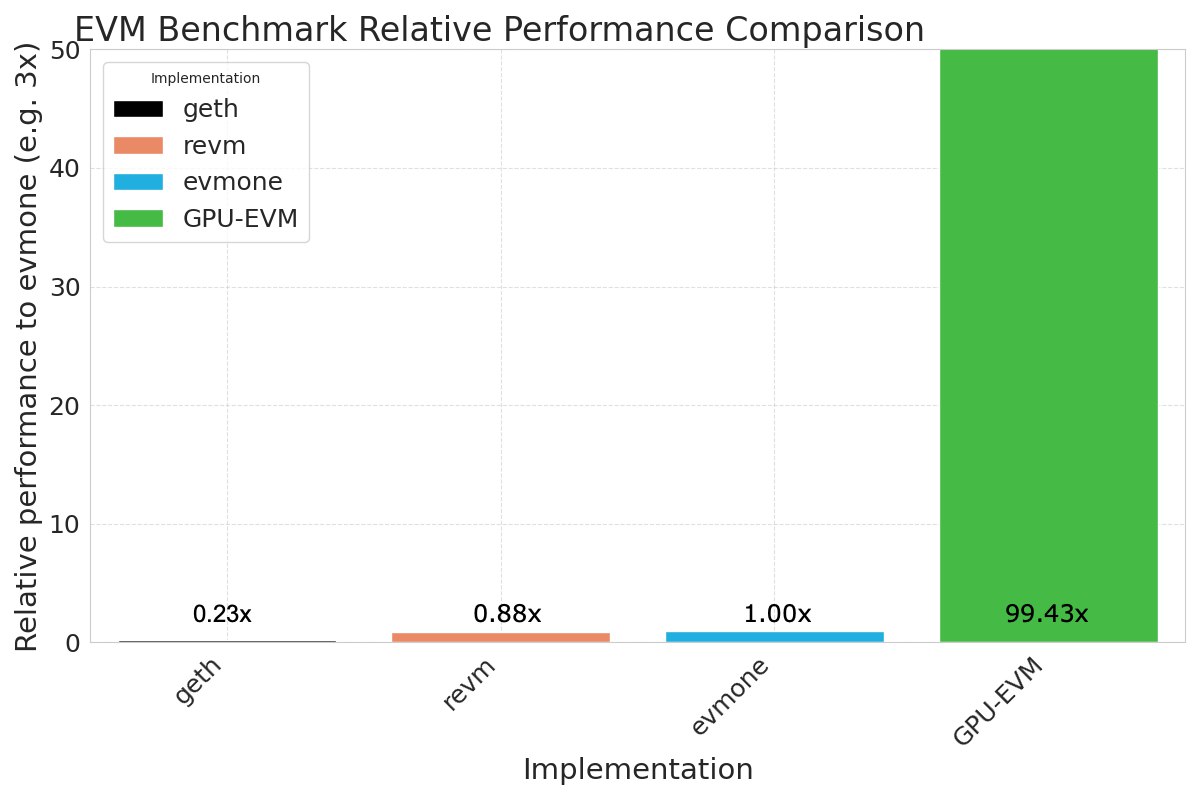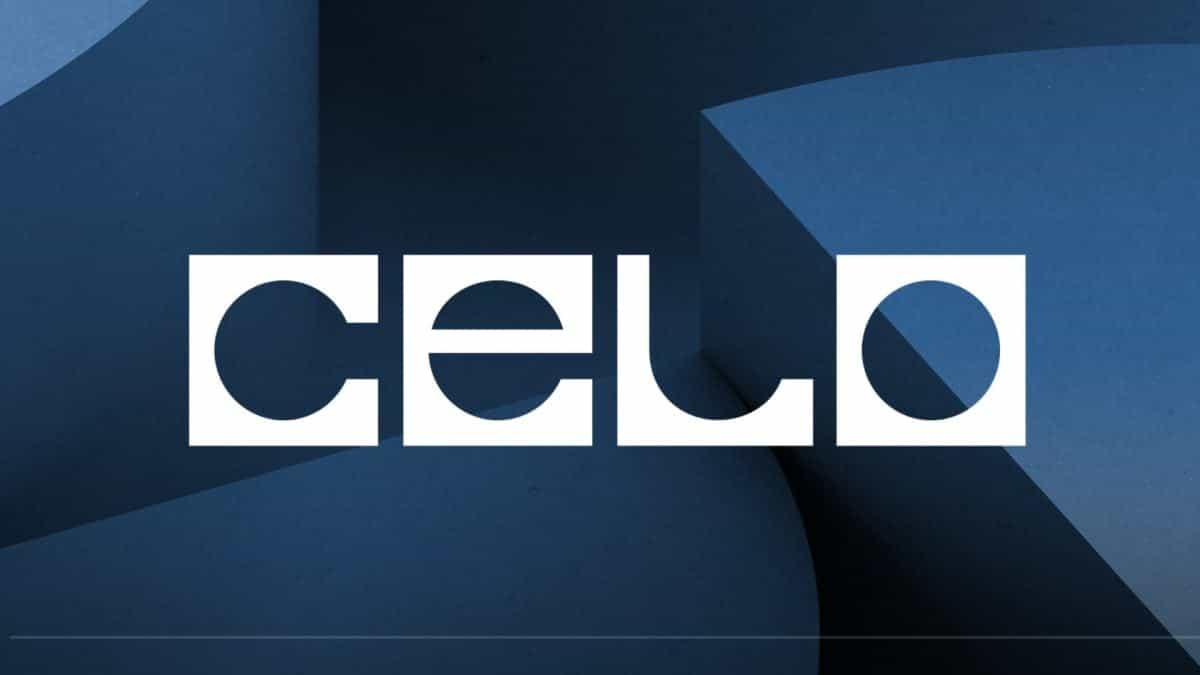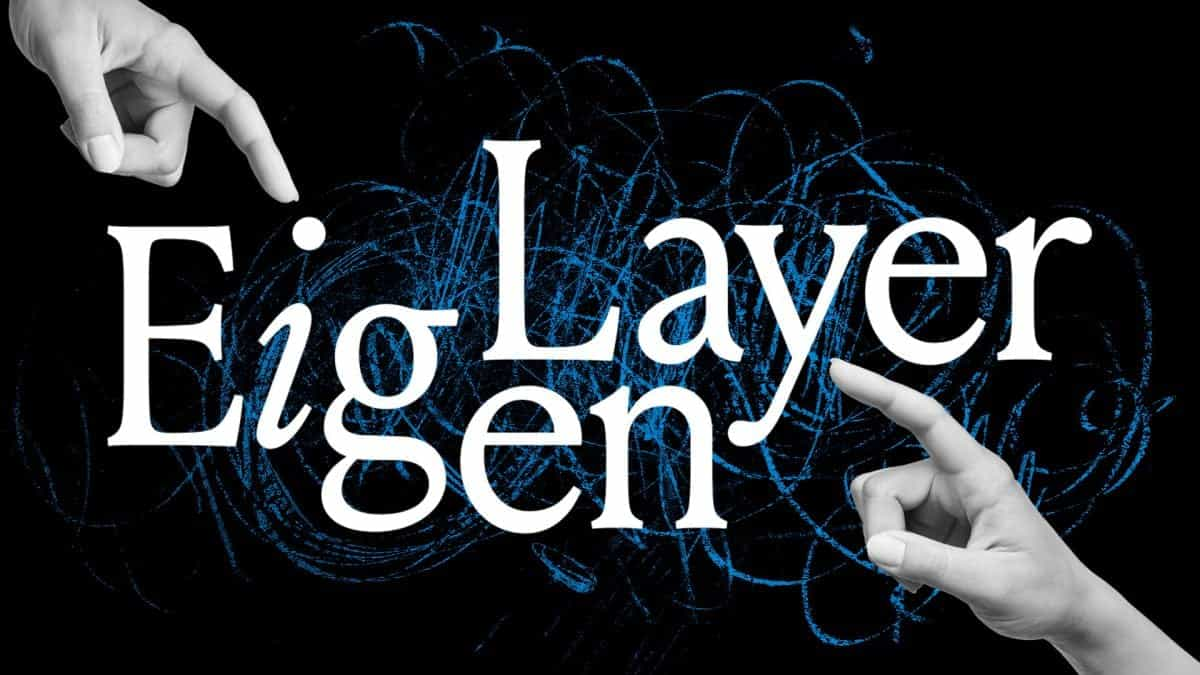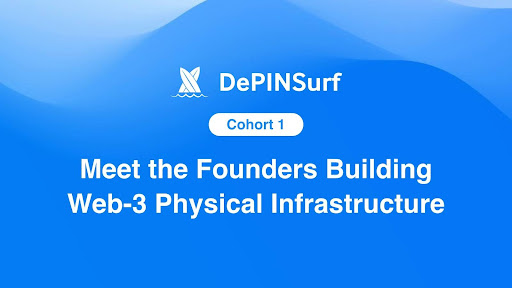Exclusive
GatlingX comes out of stealth, claiming 'most performant' parallelized EVM

Quick Take
- GatlingX has developed GPU-EVM, claimed to be the most performant Ethereum Virtual Machine in development.
- It will leverage GPU chips to perform large EVM operations in parallel, greatly enhancing transactional throughput.

GatlingX, a project led by Oxford alumni with specializations in machine learning and reinforcement learning, has unveiled ‘GPU-EVM’—claimed to be the most performant Ethereum Virtual Machine (EVM) available, according to internal benchmark scores. GPU-EVM is an EVM scaling solution so performant that cutting-edge reinforcement learning (RL)-based AI agents can be trained on top of it, its development team said. It leverages parallel execution on various Ethereum apps to help train the AI agents to find security bugs. GPU-EVM utilizes graphical processing units (GPUs) to execute operations in parallel, thereby scaling transactional throughput. The team claims that GPU-EVM can process tasks nearly 100 times faster than current high-performance EVMs including evmone and revm. This is primarily due to the GPUs’ ability to handle multiple operations simultaneously, leveraging its architecture which is inherently suited for parallel processing. “Modern GPUs, designed with thousands of cores, are capable of handling multiple operations simultaneously, making them exceptionally suited for parallel processing tasks. This inherent architectural advantage allows GPU-EVM to execute a vast number of EVM instructions in parallel, dramatically accelerating computation speeds and efficiency,” the GatlingX team noted. This comes amid a rapidly growing interest in parallel EVMs that stems from their potential to address blockchain scalability issues. Traditional EVM implementations process transactions sequentially as they arrive, which cab result in increased processing times and costs during high transaction volumes. However, parallelized EVMs have the capability to process multiple transactions simultaneously, as long as they are independent of one another. Source: GatlingX The GPU-EVM is designed to support the training of AI agents within a parallel simulation environment, according to Eito Miyamura, co-founder, who spoke with The Block. These agents are being trained to detect and leverage vulnerabilities in smart contracts, a process the team compares to the strategic gameplay involved in defeating Go world champions, reminiscent of the AlphaGo scenario of the mid-2010s. The technology, comparable to Nvidia’s Isaac Gym and Google’s Brax, enables parallel simulations on GPUs for accelerated reinforcement learning training and has broad applications, Miyamura added. The initial phase of GPU-EVM's rolloutt focuses on creating hardware-scaled EVM infrastructure that facilitates the training of AI and RL models. These models will interact with various elements such as accelerated Layer 2 solutions, maximal extractable value (MEV) operations, and backtesting scenarios. The subsequent phase, expected within a year, will include providing API access for high-performance computing applications with the ultimate goal of surpassing human capabilities in securing smart contracts and decentralized applications. Disclaimer: The Block is an independent media outlet that delivers news, research, and data. As of November 2023, Foresight Ventures is a majority investor of The Block. Foresight Ventures invests in other companies in the crypto space. Crypto exchange Bitget is an anchor LP for Foresight Ventures. The Block continues to operate independently to deliver objective, impactful, and timely information about the crypto industry. Here are our current financial disclosures. © 2023 The Block. All Rights Reserved. This article is provided for informational purposes only. It is not offered or intended to be used as legal, tax, investment, financial, or other advice.
Training AI agents for smart contract security
About Author
Vishal Chawla is The Block’s crypto ecosystems editor and has spent over seven years covering tech protocols, cybersecurity, artificial intelligence and cloud computing. Before joining The Block, Vishal held positions at IDG ComputerWorld, CIO, and Crypto Briefing. He can be reached on Twitter at @vishal4c and via email at [email protected]



